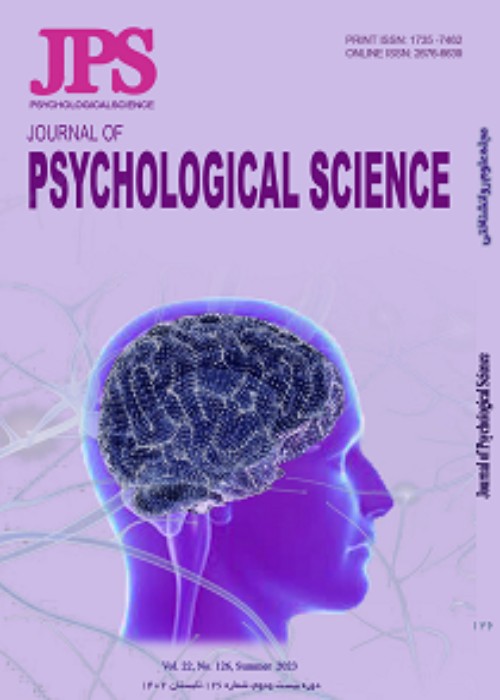Structural modeling of sexual performance in postmenopausal women based on sexual schemas with the mediator role of state-trait anxiety and sexual self-esteem
Sexual performance based on sexual schemas is one of the important aspects in personal health. However, in all reviewed researches, the role of trait state anxiety and sexual self-esteem as mediating variables has not been considered and that the considering the negative sexual anxiety and self-esteem on sexual relationships has not been studied in the research society.
The present study was conducted with the aim of investigating the structural equation model of sexual performance of women under menopause based on sexual schemas with the Mediator role of state-attribute anxiety and sexual self-esteem.
The research method was descriptive-correlational, in kind of structural equation modeling. In order to determine the sample, 350 women under the age of menopause who referred to the health and treatment centers of Rudsar city in 1401 were selected by cluster random sampling method. The measuring instruments were Rosen et al.'s sexual performance questionnaires (1997), Andersen and Cyranovsky's sexual schema (1994), Spielberger's state-trait anxiety (1970), and Zina and Schwarz's sexual self-esteem (1996). In order to analyze the data, Pearson's correlation coefficient was used to measure the pairwise correlation of variables and path analysis was used to find the pattern of structural equations with SPSS and AMOS software.
Based on the results of the fit indices, the structural model of the research had a good fit. The analysis of direct relationships showed that there is a direct relationship between sexual performance and explicit/comfortable (β=0.139, P=0.016) and passionate/romantic (β=0.181, P=0.001) sexual schemas. Shy/cautious sexuality and sexual performance have an inverse relationship (P=0.049, β=0.102), direct relationship between sexual self-esteem and sexual performance (P<0.001, β=0.321) and between Trait anxiety and sexual performance have an inverse relationship (P<0.001, β=0.202).
Therefore, to reduce sexual performance disorders, interventions that guide women in the direction of knowledge, insight and change of attitude about their thoughts, feelings and emotions about sexual relations should be used. Increasing the scope of such research can be effective in preventing women's sexual problems.
- حق عضویت دریافتی صرف حمایت از نشریات عضو و نگهداری، تکمیل و توسعه مگیران میشود.
- پرداخت حق اشتراک و دانلود مقالات اجازه بازنشر آن در سایر رسانههای چاپی و دیجیتال را به کاربر نمیدهد.



